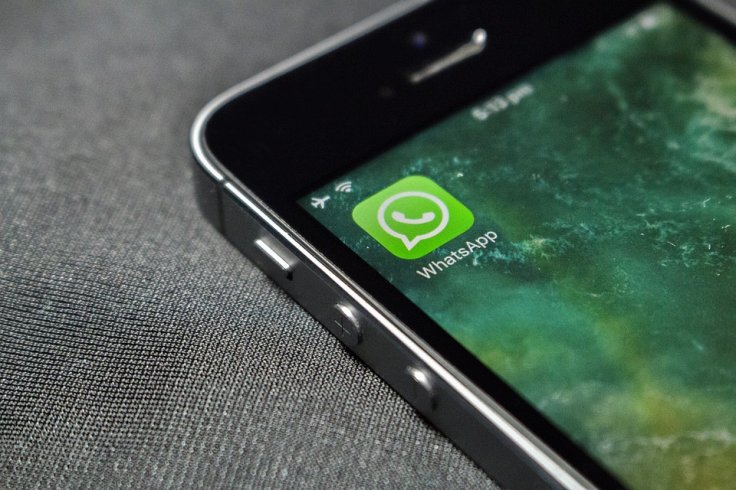The users of popular messaging app WhatsApp should know that after Pegasus spyware attack they may face another data theft issue. The company confirmed that they found a recent vulnerability which allows the hackers to take control over WhatsApp data as well as the phone data. What should you do now to secure your phone from probable data theft?
It should be noted that Pegasus spyware produced by Israeli cyber intelligence firm NSO Group was launched to hack WhatsApp. Now, once again, hackers created malicious MP4 files to trigger the remote code execution (RCE) and denial of service (DoS) cyber attack. Right now to ensure the security of your data, the Android and iOS users can update WhatsApp from Google Play Store or App Store.

Regarding the recent threat, in an advisory on Facebook, it is mentioned that "A stack-based buffer overflow could be triggered in WhatsApp by sending a specially crafted MP4 file to a WhatsApp user.The issue was present in parsing the elementary stream metadata of an MP4 file and could result in a DoS or RCE."
"This affects Android versions prior to 2.19.274, iOS versions prior to 2.19.100, Enterprise Client versions prior to 2.25.3, Windows Phone versions before and including 2.18.368, Business for Android versions prior to 2.19.104, and Business for iOS versions prior to 2.19.100," said the message.
The hackers are actually sending malicious video files in MP4 format. Since many users keep the auto media file download option on, it gets easier for the cybercriminals to take control of the device by sharing the malware-infested videos.
WhatsApp for Android versions prior to 2.19.274, WhatsApp for iOS versions prior to 2.19.100, as well as Enterprise Client versions prior to 2.25.3, the Windows Phone versions before and including 2.18.368, WhatsApp For Business for Android versions prior to 2.19.104, and WhatsApp For Business for iOS versions prior to 2.19.100 are affected by the recent hacking activity.
As reported by Forbes, a WhatsApp spokesperson said, the company is "constantly working to improve the security of our service. We make public reports on potential issues we have fixed consistently with industry best practices. In this instance, there is no reason to believe users were impacted."









